 Small businesses account for 49.3% of employment in Hawaii, according to SBA’s 2022 Small Business Profile. While they share many risks similar to businesses in other states, Hawaii small businesses face specific, prevalent threats across the island state. Small business insurance protects against common risks to minimize financial, reputational, and operational disruptions.
Small businesses account for 49.3% of employment in Hawaii, according to SBA’s 2022 Small Business Profile. While they share many risks similar to businesses in other states, Hawaii small businesses face specific, prevalent threats across the island state. Small business insurance protects against common risks to minimize financial, reputational, and operational disruptions.
Learn how small business insurance in Hawaii differs and how best to safeguard local businesses from liabilities.
Business Insurance Requirements in Hawaii
Hawaii state laws impact which insurance policies local small businesses must have to operate legally. From Honolulu to Hilo, every island in Hawaii is required to carry the following business insurance policies:
1. Workers’ Compensation Insurance
With few exceptions, all small businesses in Hawaii with one or more employees are legally required to carry workers’ compensation insurance. This includes both part-time and full-time employees.
Workers’ compensation insurance provides workers who suffer a job-related illness or injury cash benefits or medical care. It also provides disability benefits if a recovering employee cannot return to work.
Employers are required to pay for workers’ compensation insurance and cannot require employees to contribute financially.
2. Commercial Auto Insurance
Any Hawaii small business that operates a business-owned vehicle must carry commercial auto insurance. Commercial auto insurance covers business-owned vehicles and the people who drive them.
Suppose a business owner, employee, or other individual causes an accident that injures another person or causes property damage. In that case, commercial auto insurance can protect against costly lawsuits brought against the business or driver.
Unique Risks Faced by Hawaii Small Businesses
While small businesses in Hawaii face many of the same risks as businesses in other states, they do encounter some unique threats. Hawaii’s coastal communities are particularly vulnerable to certain natural disasters due to development concentrated along low-lying shorelines and the island’s isolated location in the Pacific Ocean.
Some of the most common disasters that small businesses in Hawaii encounter include:
 Tropical storms
Tropical storms- Flash floods
- Hurricanes
- Tsunamis
- Wildfires
- Volcanos
- Earthquakes
Essential Policies for Small Businesses in Hawaii
While there is no one-size-fits-all to business insurance, many small businesses in Hawaii can benefit from carrying policies that offer broad protection against common risks. When building a comprehensive business insurance package, consider adding the following coverage options:
1. General Liability Insurance
Nearly every type of small business in Hawaii should carry general liability insurance. This policy protects businesses from “general” claims involving property damage or bodily injuries.
General liability insurance can help cover attorney fees and medical expenses resulting from property damage and bodily injuries for which the business may be held responsible. However, it does not cover intentional acts, professional mistakes, employee injuries, punitive damages, or auto accidents.
2. Professional Liability Insurance
Lawyers, accountants, physicians, and other professionals can help protect their livelihood and reputation with professional liability insurance (PLI). Depending on the profession, PLI may go by different names. For example, it may be called errors and omissions insurance for real estate agents or medical malpractice insurance for medical professionals.
Professional liability insurance policies are often claims-made, meaning that the coverage is only viable for claims that are made and events that occur while the policy is active. Most policies protect professionals against losses from claims made due to alleged negligence, inaccurate advice, or misrepresentation.
3. Commercial Property Insurance
Commercial property insurance protects small businesses from perils such as theft, fire, and natural disasters. Many types of Hawaii businesses, such as retailers, manufacturers, not-for-profit organizations, and service-oriented businesses, carry commercial property insurance.
With a commercial property insurance policy, small businesses can protect many of their assets, such as office equipment, accounting records, inventory, fencing, landscaping, signs, satellite dishes, and the building itself.
4. Cyber Liability Insurance
With the rapid growth of technology over the last decade, cyber liability insurance has become a must-have for Hawaii small businesses. This policy provides businesses with coverage options that safeguard the company against data breaches and other common cyber security concerns.
Cyber liability insurance can help cover expenses such as lost income due to a cyber event, costs of recovering compromised data, costs of notifying customers of a breach, and the costs of repairing damaged computer systems.
5. Business Income Insurance
 Business income insurance, sometimes called business interruption insurance, covers the loss of business income if a small business cannot operate due to a covered peril. These policies cover common risks, including theft, fire, and wind damage.
Business income insurance, sometimes called business interruption insurance, covers the loss of business income if a small business cannot operate due to a covered peril. These policies cover common risks, including theft, fire, and wind damage.
When a business is forced to close suddenly, business income insurance can help cover lost income until the business can reopen. Small businesses with a physical location and equipment, products, or services can benefit from this coverage.
Trust Atlas for Comprehensive Small Business Insurance
Small businesses in Hawaii face many types of risks every day. At Atlas Insurance Agency, A Marsh & McLennan Agency LLC, our experienced agents help small businesses find the right coverage. Learn how we can protect your small business by reaching out today.
